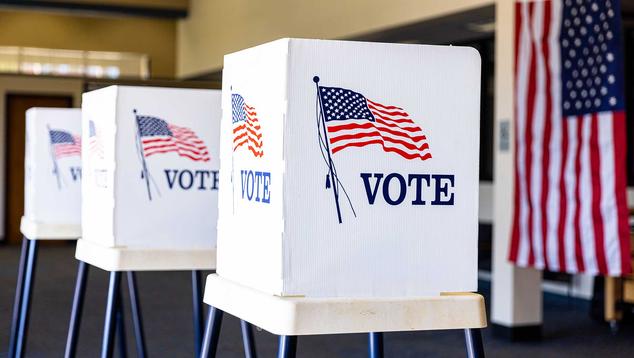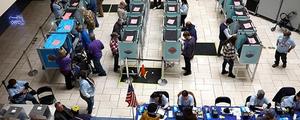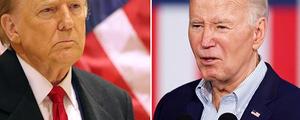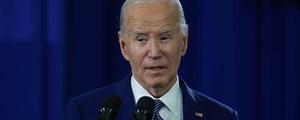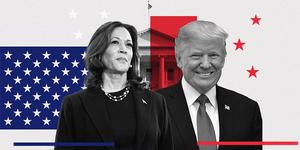WASHINGTON, D.C. -- Seventy-one percent of Americans say they have given “quite a lot” of thought to the upcoming presidential election, which is on par with election year readings at similar points in the 2008 and 2020 campaigns but higher than in 2000, 2004 and 2012.
This suggests voter turnout could be robust this year, as Gallup research has shown that, historically, the amount of thought given to an election tends to correspond with turnout. Voter turnout in the 2008 and 2020 elections -- when thought given to the election at this stage mirrored today’s -- was the highest since 1968.
Gallup has tracked the amount of thought Americans have given to presidential elections at various points during every cycle since 1952. The latest data are from an April 1-22 poll, conducted several weeks after Donald Trump won enough delegates to clinch the Republican nomination.
The data from previous presidential election years used for comparison are from polls conducted within two months after the candidates involved in competitive nomination battles -- one (in incumbent years) or both (in non-incumbent years) -- won the requisite number of delegates to secure the nomination. Such data is not available for 2016.
Each year, U.S. adults have given at least slightly more thought to the election as it drew closer.
Attention Among Democrats and Republicans Particularly High This Year
Americans who identify with either of the major political parties are highly engaged this year, with 84% of Democrats and 78% of Republicans saying they have given the presidential election a lot of thought. The six-percentage-point gap between Democrats and Republicans is not statistically significant. As is typically the case, political independents are less likely to be thinking about the election, at 61%.
The current reading is the highest for Democrats at this point in the campaign over the same period. Similarly, Republicans’ level of thought matches the group’s 2020 high point. Each group’s lowest reading at this point in the campaign was in 2000 when George W. Bush and Al Gore were running.
Gallup data from 2023 show that more Americans identify as political independents than as Republicans or Democrats, and more independents lean toward the Republican than Democratic Party. As a result, the party gap in thought given to the election narrows to four points when partisan-leaning independents are added to the party subgroups -- 76% of Democrats and Democratic-leaning independents versus 72% of Republicans and Republican-leaning independents report giving it a lot of thought.
Attention to the election varies among and between other demographic groups. While men and women are about equally likely to say they have given this year’s election a lot of thought, older adults, White adults, college graduates and those with higher annual household incomes are more engaged than their counterparts. Political liberals and conservatives are also more likely than moderates to say they are highly engaged. These groups reporting that they have given a lot of thought to the election are also those who have been more likely to cast a ballot for president.
Bottom Line
A broad majority of Americans say they are thinking a lot about this year’s election. The current level of attention is identical to a similar point in the 2020 election when the same two candidates squared off against each other. Engagement is now on the high end of similarly timed readings since 2000 and would be expected, based on historical patterns, to increase as the election gets closer. High voter attention has typically led to elevated voter turnout, but it remains to be seen whether voters will ultimately be as motivated to vote this year as they were in 2020, when more voters cast ballots than in any other election in the 21st century. Another wild card this year is the 29% of Americans who say neither candidate would make a good president and might therefore be less motivated to vote.
To stay up to date with the latest Gallup News insights and updates, follow us on X.
Learn more about how the Gallup Poll Social Series works.
View complete question responses and trends (PDF download).
